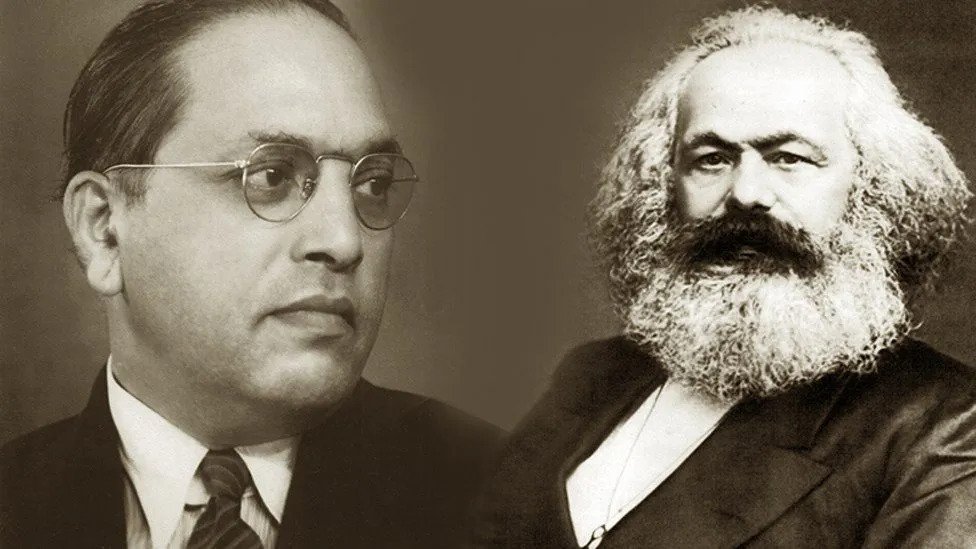By: Asad Mirza
The recent anti-Muslim sentiments, expressed mostly on various social media platforms globally by blind followers of the right-wing ideology, and in some cases publicly also by right-wing Hindu priests in India leads one to surmise that they are completely ignorant of the real issue here, and for them the easiest binary is just Hindu and Muslim, and who-so-ever the Indian Muslims support, the right-wing Hindu must oppose them.
To a large extent this applies to a larger section of the Indian electronic media, too. They continue their PTCs parroting the lines given by the Israeli defence media, sadly with no real ground reporting from the conflict zone.
It should be noted that Muslims, whether in India or any other country are not against Judaism but Zionism, and there is a sea of difference amongst the two. Muslims can’t be against Judaism, as like Islam, Judaism too is a religion of the book, and its founders are patriarchs of the Islamist theology too.
However, to debunk these false narratives and interpretations, it becomes imperative to have a clear understanding how this concept of Zionism evolved and what were the relations of Arab Muslims and Arab Jews before the spread of the Zionist movement across the globe and how they were able to construct the whole edifice of anti-semitism, labelled against anyone who opposed Zionism.
Prior to that it would be helpful to understand the current demographic situation of Israel. As per a survey carried out by Washington-based Pew Research Centre in 2015, Jews comprise 81 per cent of Israel’s population; Muslims constitute 14 per cent, Christians and Druze both constitute 2 per cent each and 1 per cent declare themselves as Atheists.
But in spite of such a large population of Arab Muslims, Arab political parties have long struggled to gain representation in Israel’s government over the years, a complete denial of one’s political rights, besides many Arabs have expressed alarm at the leadership of right-wing Jewish politicians, including the current Prime Minister Benjamin Netanyahu.
Academician Moshe Behar, a Jew, of Manchester University in his paper Were There—and Can There Be—Arab Jews?, presented at Notre Dame University in 2021, answers the question: Can there be Arab Jews? He answers in the affirmative and supports his position by historically tracing the meaning of Arab identity from the early twentieth century onward. He further contends that the political realm has heretofore been undervalued in historical accounts of Arab identity and in his essay shows the payoff in bringing this feature of Arab identity to the forefront.
He also reflects on the broader questions of what Arab identity by itself consists of as well as the very act of defining the self and the other. He concludes the piece with reflections on the limitations of the statement of opposition to the International Human Rights Association’s definition of anti-semitism endorsed by Palestinian and Arab intellectuals, academics, and journalists. Behar argued that the failure to include Arab Jews in this statement reproduces rather than overcomes the problematic binary thinking in which the Israeli-Palestinian conflict is framed.
To further understand the question of Arab Jews, we’ll have to go back to the origins of Zionism, which has been explained very lucidly by Liora Halperin in her essay Origins and Evolution of Zionism, published in September 2015 by Philadelphia-US-based Foreign Policy Research Institute.
Liora opines that Zionism is a variety of Jewish nationalism. It asserts, rather correctly, that Jews constitute a nation whose survival, both physical and cultural, requires its return to the Jews’ ancestral home in the Land of Israel. Pre-1948 Zionism was more than a nationalist movement: it was a revolutionary project to remake the Jewish people.
Liora further opines that Zionism is a form of Jewish nationalism that posits Jews are a nation and that Jews should receive national rights on the basis of this identity. What distinguishes Zionism from other forms of Jewish nationalism is that Zionists, after a brief period of uncertainty and alternative proposals, believed that the location for these rights or sovereignty should be the Land of Israel, which religious Jewish tradition regarded as Jews’ ancient and ultimate homeland.
In fact, the man universally credited with founding the Zionist movement was Theodor Herzl (1860–1904), an Austro-Hungarian Jewish journalist and political activist. Herzl’s Zionism was purely political in theory and practice: the Jews as a nation did not need a new culture, language, or concept of the messianic era, but only a national polity of their own, whose creation would solve the problem of anti-Semitism both for the Jews themselves and for Europe as a whole, as expounded in his book Der Judenstaat (The Jewish State).
Essentially, Zionism’s origins lay in a confluence of factors: physical persecution of East European Jewry, Jewish assimilation in the West, and a Hebrew cultural revival that rejected or transformed traditional Jewish religiosity. At the end of the 1800s, Zionism’s first adherents were concentrated in the Russian Pale of Settlement and Rumania, but under the dynamic leadership of Theodor Herzl, Zionism established itself as a global political movement.
Laura further opines that though Zionism has a particular logic that emerged from the events surrounding it, not all Jews subscribe to that logic and in fact a majority of Jews initially did not. Their opposition stemmed from a number of directions. Jewish liberals, committed to the idea of Jewish integration, thought that Zionism, by conceding to the permanence of anti-Semitism, would in turn lead to more anti-Semitism.
Orthodox Jews believed that Jews had been exiled in ancient times because of their sins and would return only with God’s will and in messianic times. They believed that taking action to return to Palestine en masse was nothing short of heresy. This religious opposition would change as politico-religious streams of Zionism emerged, but it is important to recall that Orthodoxy was initially deeply opposed to Zionism.
If we earnestly study the events post-1917 and particularly post-1948, we’ll be able to decipher that Jews-Muslims/Islam relation were never a sore point politically, but post-1948 the Zionist movement was able to spread its tentacles with the help of the erstwhile colonial powers i.e. the UK and the super power i.e. the USA.
Under a planned expansionist programme, supported by a well laid out strategy to drive out illiterate Arabs from their homeland, Zionist Kibbutz’s (settlements) were established in a phased manner over the years all over Palestine – which was an independent country, leading to the present crisis.
What many people are fed by various news outlets is the history of Israel post-1948, and the gullible consumers of this false propaganda fail to understand that the erstwhile colonial powers are still continuing their colonial legacy in Israel, and that’s what Muslims are against globally.
In the larger interest of global peace, it would be more useful to change this false binary and see the real intention of creating a new state of Israel by the global powers and in that sense it would not be a war against Palestinians but Muslims globally.
In the on-going conflict we don’t need to focus on Hamas, but dispossession, oppression and apartheid against the Palestinians, and more specifically this conflict didn’t started on October the seventh but decades ago. (The author is a Delhi-based senior political and international affairs commentator)







